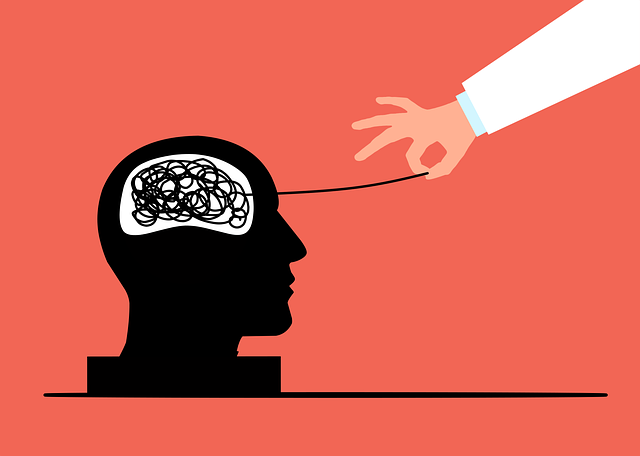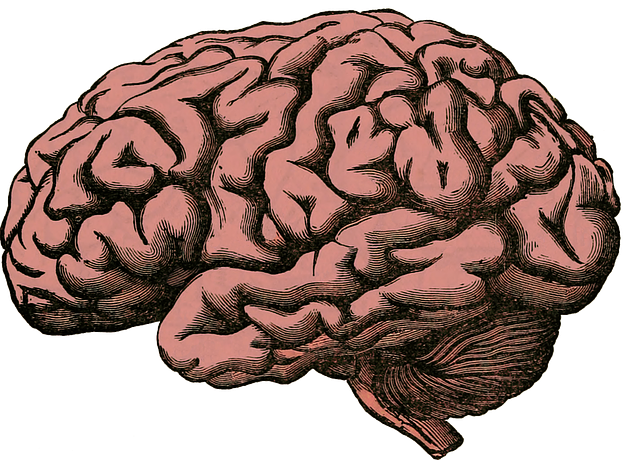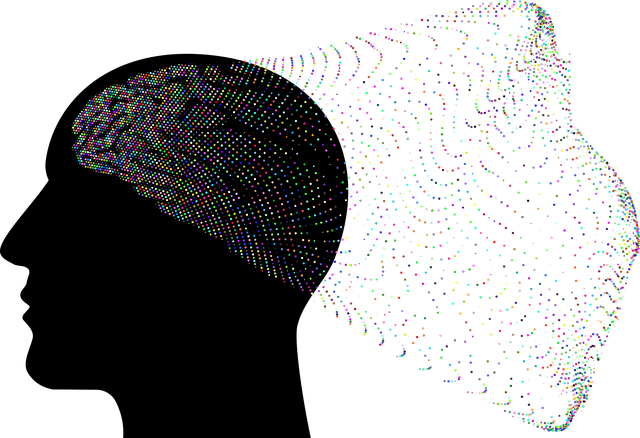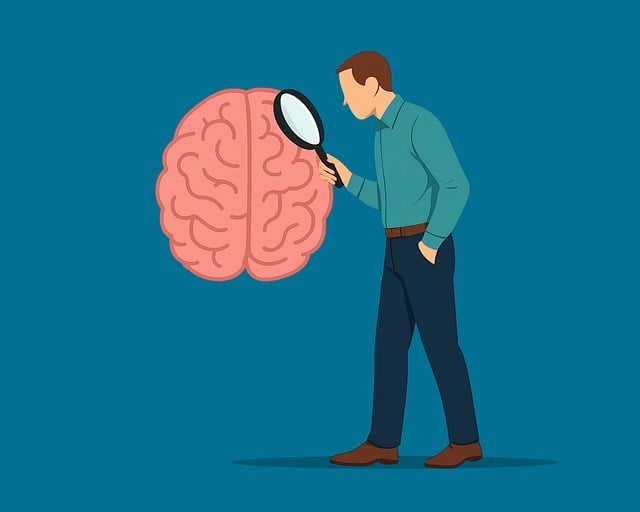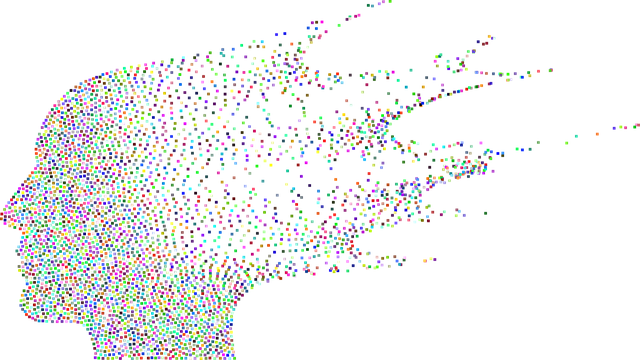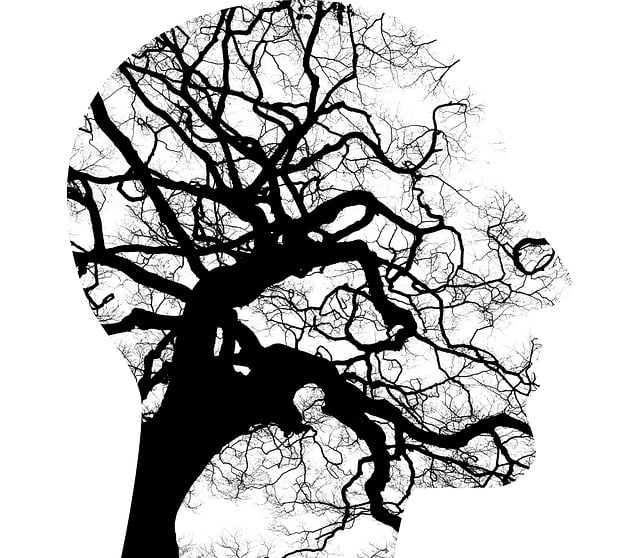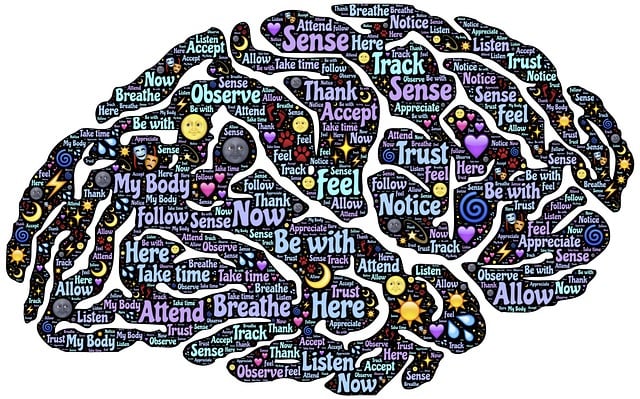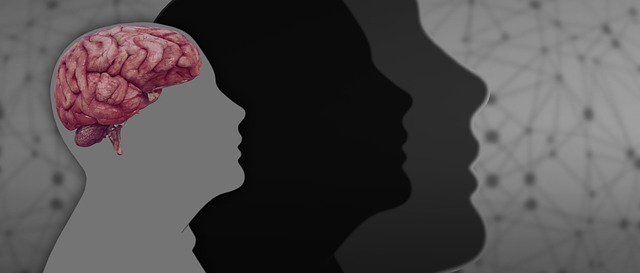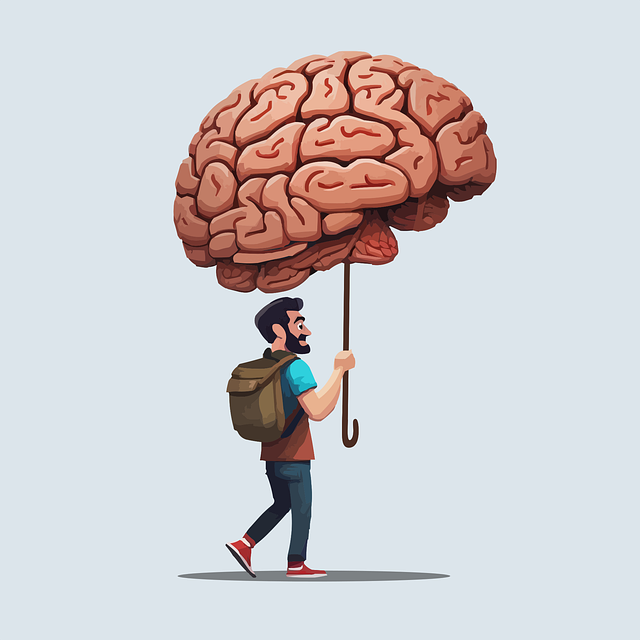Northglenn's Crisis Intervention Teams (CITs) offer specialized training for healthcare providers to swiftly respond to individuals with distress, including ADD/ADHD. These teams provide crisis counseling, de-escalation techniques, and long-term care connections. Their comprehensive evaluations transform lives by offering tailored therapy for inattention, hyperactivity, impulsivity, and comorbidities, reducing mental illness stigma. Today, effective crisis intervention is vital, with Northglenn's programs equipping individuals with skills to recognize warning signs of addiction or mental health issues and providing culturally sensitive support for diverse populations.
“In today’s complex social landscape, effective crisis intervention is paramount. This article delves into the crucial role of Crisis Intervention Teams (CITs) and explores how specialized training programs empower professionals to navigate and support individuals in distress.
We begin by understanding CITs as a comprehensive overview, followed by a case study on Northglenn’s ADD-ADHD evaluations, showcasing their potential for effective therapy. Then, we analyze various training programs that equip professionals with the skills needed to handle crises, ensuring communities are better prepared.”
- Understanding Crisis Intervention Teams: A Comprehensive Overview
- Northglenn ADD-ADHD Evaluations: Unlocking the Potential for Effective Therapy
- Training Programs: Developing Skills to Navigate and Support Individuals in Crisis
Understanding Crisis Intervention Teams: A Comprehensive Overview

Crisis Intervention Teams (CITs) are specialized groups designed to swiftly and effectively respond to individuals in distress, offering immediate support and guidance during critical moments. These teams play a vital role in promoting emotional well-being by providing a safety net for those facing mental health crises or traumatic events. In Northglenn, ADD-ADHD evaluations and therapy are integral parts of CIT training programs, ensuring healthcare providers are equipped to handle diverse psychological needs.
The primary goal of CITs is to de-escalate high-risk situations, offer crisis counseling, and connect individuals with appropriate long-term support services. The emotional healing processes involved in CIT interventions focus on immediate relief, stability, and the development of coping strategies. Through comprehensive training, healthcare providers learn effective communication techniques, burnout prevention strategies, and emotional healing practices to ensure they can handle a range of crises, from mental health episodes to domestic violence incidents.
Northglenn ADD-ADHD Evaluations: Unlocking the Potential for Effective Therapy

In Northglenn, ADD-ADHD evaluations are transforming lives by unlocking the potential for tailored and effective therapy. These comprehensive assessments go beyond mere diagnosis by providing deep insights into an individual’s unique cognitive profile, strengths, and challenges. By identifying specific areas of attention and focus, therapists can design personalized interventions that address core symptoms of ADD/ADHD, such as inattention, hyperactivity, and impulsivity. This targeted approach ensures that individuals receive the support they need to thrive both academically and socially.
Beyond symptom management, Northglenn ADD-ADHD evaluations play a crucial role in Anxiety Relief and promoting Self-Care Practices. Many individuals with ADD/ADHD also struggle with anxiety, which can exacerbate their challenges. Through careful assessment, therapists can identify these comorbidities and incorporate strategies to manage anxiety alongside ADHD treatment. Additionally, the process of evaluation encourages self-reflection and fosters Mental Illness Stigma Reduction Efforts by promoting understanding and empathy within both the individual and their support networks.
Training Programs: Developing Skills to Navigate and Support Individuals in Crisis

In today’s world, effective crisis intervention is crucial, and specialized training programs play a pivotal role in equipping individuals to navigate and support those in distress. These comprehensive courses, often offered by healthcare professionals, focus on developing essential skills for managing crises, including stress reduction methods and compassion cultivation practices. By participating in these programs, individuals gain the knowledge and tools needed to recognize warning signs of addiction, mental health issues, or other crisis situations, enabling them to offer timely and appropriate assistance.
For those seeking tailored support, Northglenn ADD-ADHD evaluations and therapy services are readily available. These programs not only teach participants how to respond to immediate crises but also emphasize long-term strategies for fostering resilience and coping mechanisms. Through interactive workshops, role-playing scenarios, and guided practices, trainees learn to approach individuals in crisis with cultural competency, empathy, and a deep understanding of the impact of traumatic experiences, ensuring they can provide culturally sensitive support tailored to diverse populations.
Crisis intervention team training programs, such as those offered through Northglenn’s ADD-ADHD evaluations, are invaluable tools for developing effective crisis support. By equipping individuals with the necessary skills, these programs enable better navigation and support during moments of distress. In light of the growing importance of mental health awareness, continuous training ensures that teams are prepared to handle crises sensitively and efficiently, ultimately enhancing the quality of care provided.
